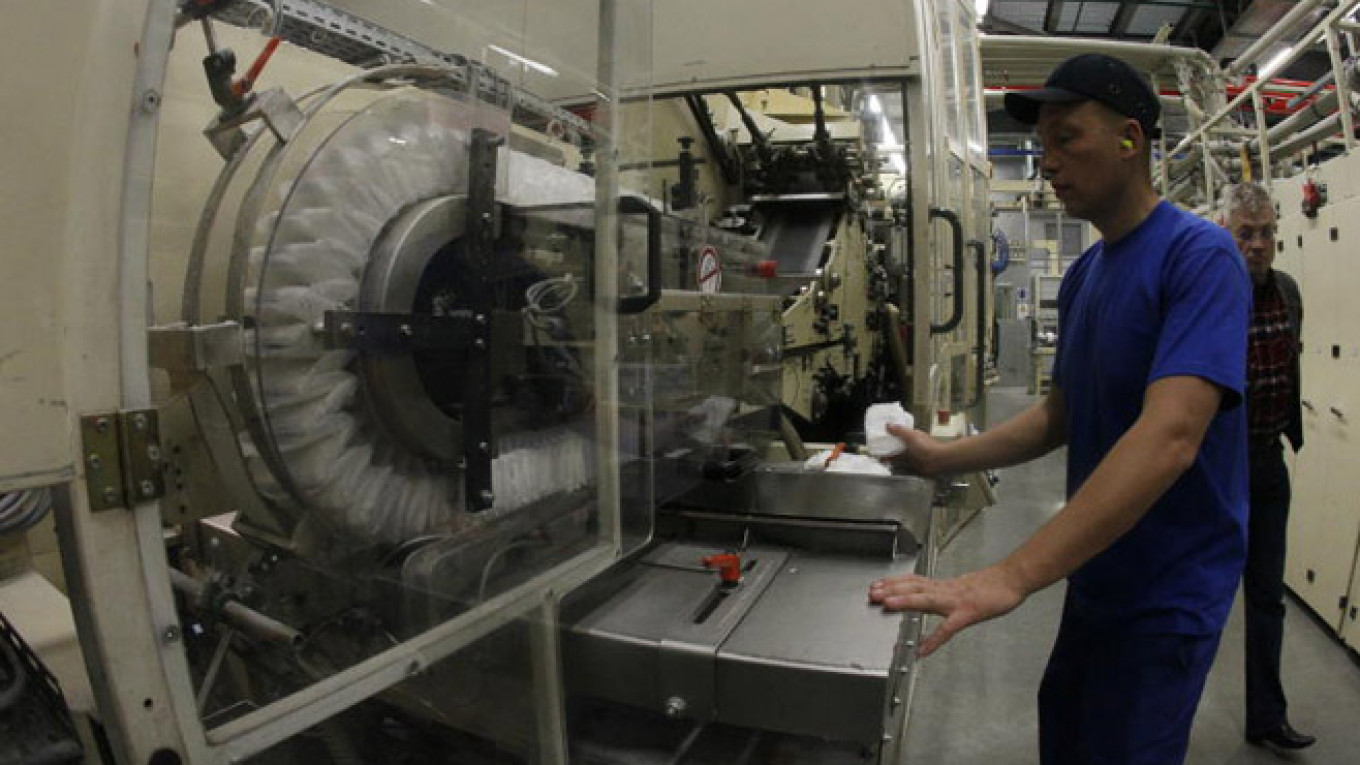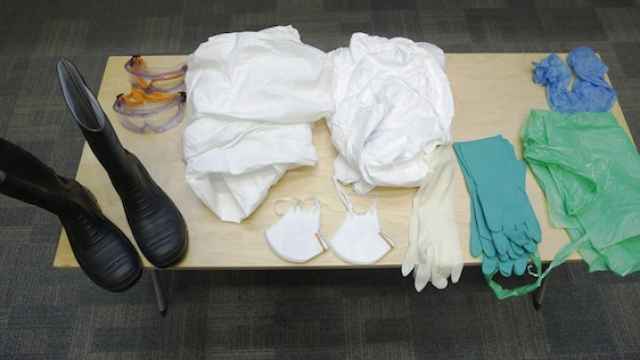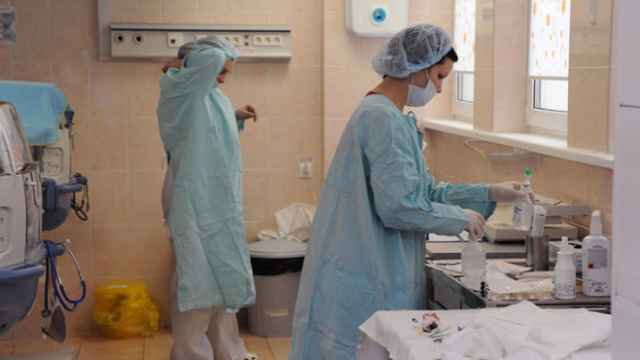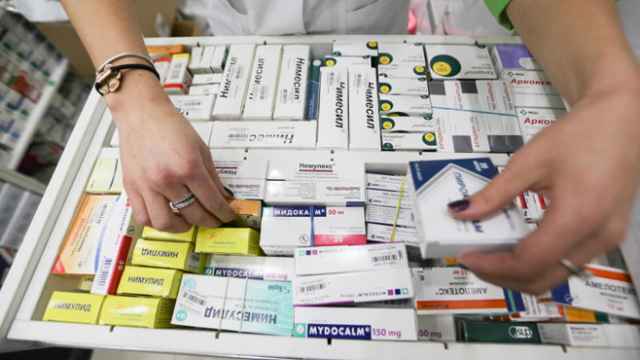Some foreign manufacturers are cutting production of life-saving medications for the Russian market as the rapid devaluation of the ruble and restrictive state pricing policies decimate profit margins, business daily Vedomosti reported Thursday.
An unidentified top executive at a foreign pharmaceutical company told the paper: "We have canceled or reduced orders for the production of medicines on the Vital and Essential Drugs List at factories abroad."
The falling value of the ruble has made production of these medications unprofitable, he said. Although the cost of producing the medicines abroad has remained stable, revenues in Russia have fallen with the steady devaluation of the ruble, and it is impossible to raise prices due to government policy. The medications together make up between 15 and 20 percent of company sales, he said.
But representatives from international pharmaceutical firms Boehringer Ingelheim and Pfizer told the newspaper that they have no intention of cutting or halting deliveries of these medications.
The Vital and Essential Drugs List is a collection of medications whose prices are regulated by the government in an effort to ensure they are widely accessible. The list contains more than 500 products, including such key medications as psychotropics, diabetes medicine and anesthesias.
They together make up about 34 percent of Russia's commercial pharmaceutical market, or 609 billion rubles ($14 billion) in 2013, with imports accounting for more than 77 percent of total sales, Vedomosti reported, citing data from DSM Group.
The prices that foreign producers are allowed to charge for these drugs are tightly regulated by the state, which sets a maximum wholesale price to which different regions add legally acceptable wholesale and retail markups.
However, these maximum wholesale prices have not been adjusted since 2010, when prices set in late 2009 were converted into rubles. The ruble has fallen 40 percent against the U.S. dollar and 34 percent against the euro since that time.
Companies were previously able to compensate for the falling profitability of these products by upping prices for medications not on the list, but this is no longer possible as Russians' incomes have stopped rising, the pharmaceutical executive told Vedomosti.
The system puts foreign companies at a significant disadvantage to their Russian competitors in producing medications on the Vital and Essential Drugs List, as Russian firms are allowed to adjust prices once a year based on the level of inflation and changes in the cost of production, a Russia representative for international pharmaceutical company Pfizer told Vedomosti.
Contact the author at [email protected]
A Message from The Moscow Times:
Dear readers,
We are facing unprecedented challenges. Russia's Prosecutor General's Office has designated The Moscow Times as an "undesirable" organization, criminalizing our work and putting our staff at risk of prosecution. This follows our earlier unjust labeling as a "foreign agent."
These actions are direct attempts to silence independent journalism in Russia. The authorities claim our work "discredits the decisions of the Russian leadership." We see things differently: we strive to provide accurate, unbiased reporting on Russia.
We, the journalists of The Moscow Times, refuse to be silenced. But to continue our work, we need your help.
Your support, no matter how small, makes a world of difference. If you can, please support us monthly starting from just $2. It's quick to set up, and every contribution makes a significant impact.
By supporting The Moscow Times, you're defending open, independent journalism in the face of repression. Thank you for standing with us.
Remind me later.






